
VIENNA, June 28 The concentration of tritium in the seventh batch of water intended for discharge into the ocean from the emergency Japanese nuclear power plant «Fukushima-1» is significantly below the established limit, this was shown by analysis of samples taken by specialists from the International Atomic Energy Agency (IAEA), the IAEA said in a statement.
“International Atomic Energy Agency (IAEA) experts have confirmed that the concentration of tritium in the seventh batch of ALPS diluted treated water that Tokyo Electric Power Company (TEPCO) began discharging today is well below Japan's operational limit,” the Agency said. 
It is clarified that samples of purified water were taken by IAEA experts located in the Agency's office at the site of the Fukushima-1 nuclear power plant.
«Following an independent on-site analysis, the IAEA has confirmed that the tritium concentration in the diluted water is well below the operational limit of 1,500 becquerels per litre and meets international safety standards,» the agency said.
Japan plans to continue discharging ALPS-treated water in batches. The IAEA has previously confirmed that tritium concentrations in six previous batches totalling about 46,500 cubic metres were also below operational limits.
As the Agency recalled, Japan plans to conduct a series of controlled discharges of treated ALPS water into the sea over decades. The sixth batch of water was released from May 17 to June 4.
On August 24, 2023, TEPCO began releasing water into the ocean, which had previously served to cool damaged reactors, and then was purified in the ALPS system. The system allows you to clean it from 62 types of radionuclides, with the exception of tritium. This water is stored in giant tanks on the station premises. To date, almost 90% of their volume of 1.37 million tons has been filled.
Despite claims by TEPCO and the Japanese authorities that the release of water does not pose a threat to the environment and humans, China and a number of other countries have sharply criticized such actions. In particular, the PRC banned the import of all Japanese marine products and strengthened customs controls on other products from Japan. Rosselkhoznadzor also announced on October 16 that it joins China’s restrictive measures regarding the supply of fish products from Japan.










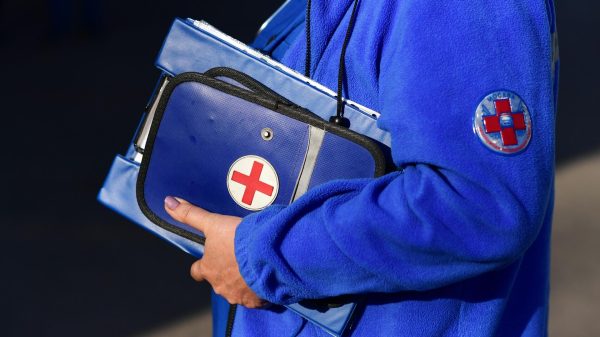







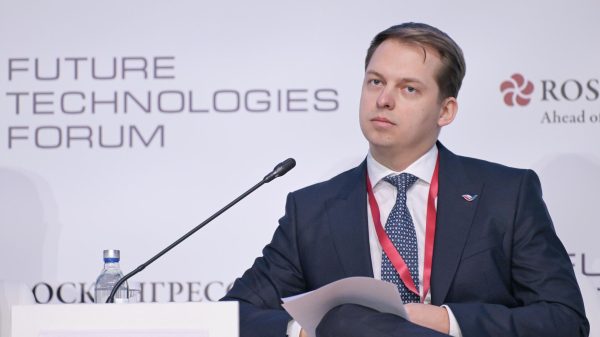
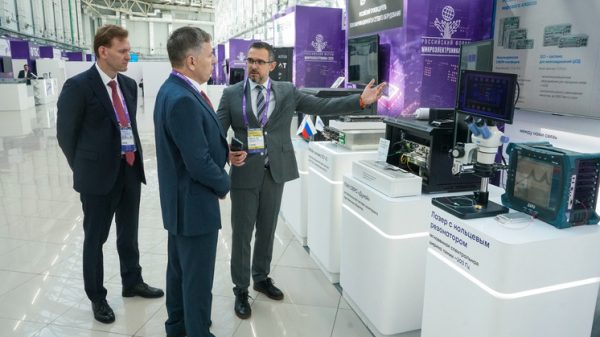
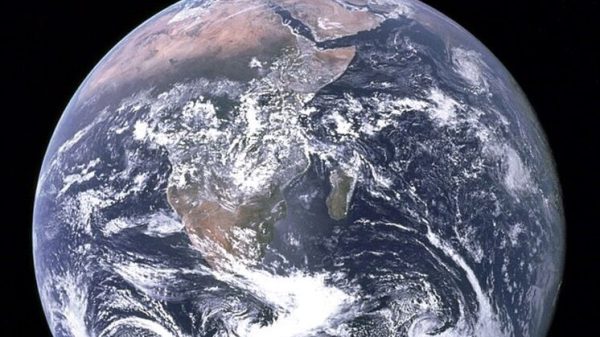


















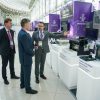
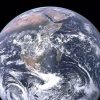












Свежие комментарии